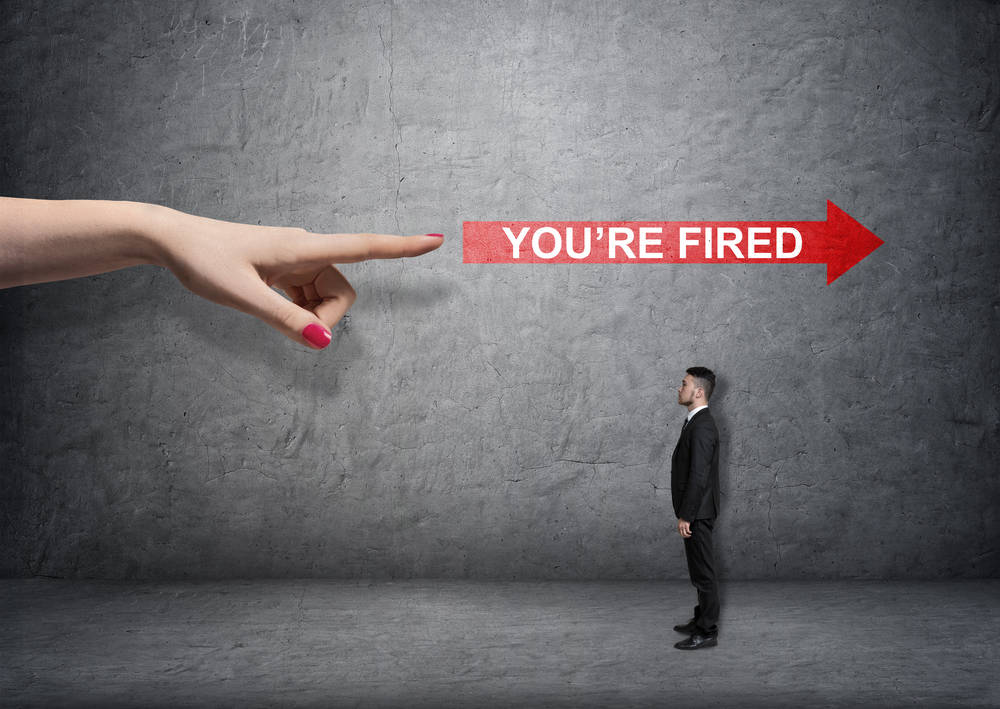BOOK THIS SPACE FOR AD
ARTICLE ADA group of US lawmakers introduced legislation on Tuesday that, if passed, would force Chinese internet concern ByteDance to divest TikTok – its most valuable property – or see it banned in the US.
The bill is titled the Protecting Americans from Foreign Adversary Controlled Applications Act. Among other things, it forbids app store availability and web hosting services in the US for applications controlled by entities that are deemed to be controlled by a foreign adversary.
TikTok has a lot to lose if the bill becomes law. The viral video app celebrated reaching 150 monthly active users in the United States last year. That number has since increased to 170 million.
Under the provisions of the act, violators – in this case ByteDance – can be levied fines of up to $5,000 per user. You do the math.
Although the lawmakers – from The House Select Committee on the CCP with support from the Energy and Commerce Committee – seem hellbent on targeting TikTok, the bill also creates a process for the US president to designate other foreign adversary-controlled social media applications as national security risks. Those apps could also face the same measures, as long as they have over one million annual active users.
The House Select Committee on the CCP maintains that this effort is not censorship, but rather a push toward divestment.
"This bill is not a ban, and it's not really about TikTok. It's a choice. We implore ByteDance to sell TikTok so that its American users can enjoy their dance videos, their bad lip-sync, everything else that goes with TikTok," argued ranking member Raka Krishnamoorthi.
The committee's concern, as presented [PDF] by chairman Mike Gallagher in a press conference, is that the Chinese Communist Party has its "hands deep in the inner workings" of ByteDance, as in China there is no such thing as a private company.
"Under ByteDance's ownership structure, the Chinese government has the ability to manipulate TikTok's algorithm, surveil its users, and conduct influence operations that quietly populate Americans' 'For You' pages," explained Gallagher.
The chairman suggested that allowing a CCP-controlled entity like TikTok to become the dominant media player in the US would be like allowing Pravda and the KGB to buy The New York Times and other top US media outlets just before the Cuban Missile Crisis.
"For anyone confused about the long-term goal of this legislation, China is building a sophisticated language model to influence the US,” alleged committee member Kat Cammack.
The ability to influence the US population – along with potential CCP access to user data – have been long-term concerns.
TikTok: Is this really a national security scare or is something else going on? Guess who's quietly bankrolling a legal fight against Montana's TikTok ban. Why yes, it's TikTok Ahead of Super Tuesday, US elections face existential and homegrown threats Uncle Sam wants to make it clear that America's elections are very, very safeFears of foreign influence through social media influence are not unfounded. US intelligence bigwigs have warned of interference from both homegrown and foreign adversaries in the lead up to upcoming elections. For that matter, US platforms invented and even refined the art of the social media influence.
TikTok has seen many efforts to suppress its influence and reach in the United States – from bans at universities to individual states and beyond.
The bans happened abroad too. BBC staff were told to uninstall it from their corporate assets last year and the app was banned on UK government devices over spying fears. Even Taiwan has banished the app from government assets.
What's unique about this move is it's the first significant legislation of its kind since the senate tried to ban TikTok in Congress last year. That move stalled in the face of aggressive lobbying.
In this round, the bill is backed by the White House – a curious move, given president Joe Biden's own re-election campaign is using the app.
Press secretary Karine Jean-Pierre rationalized on Wednesday that the president uses the app to meet Americans where they gather, and tactics are up to his campaign.
Once the bill passes Congress, and if the president feels it is on solid constitutional ground, he'll sign it. And, presumably, stop using TikTok.
The bill reportedly will face classified hearings with FBI, the Justice Department and the Office of the Director of National Intelligence to testify ahead of markup on Thursday in the House Energy and Commerce Committee.
Beijing will obviously have its opinions about any impending legislation. The South China Morning Post reported Beijing would block the sale.
Other entities against the legislation include the non-profit Freedom of the Press Foundation, which stated the effort would "silence millions of Americans, including countless journalists who use the platform to find and report news."
The American Civil Liberties Union (ACLU) has reportedly called the effort "unconstitutional" and urged supporters to message their representatives arguing against the measures.
As for TikTok itself, it took to Twitter/X to express the following: "This bill is an outright ban of TikTok, no matter how much the authors try to disguise it. This legislation will trample the First Amendment rights of 170 million Americans and deprive 5 million small businesses of a platform they rely on to grow and create jobs."
TikTok also pointed out that while some members of Congress said the bill isn't aimed at TikTok, the authors did not try to hide their true intent by leaving the filename at the top of the page.
That filename? Tiktok.xml ®
.png)
 8 months ago
86
8 months ago
86 














 Bengali (Bangladesh) ·
Bengali (Bangladesh) ·  English (United States) ·
English (United States) ·